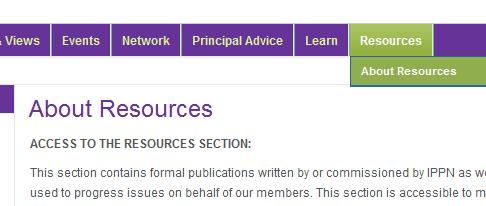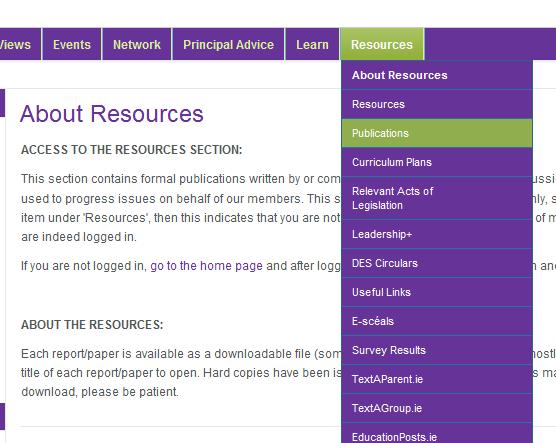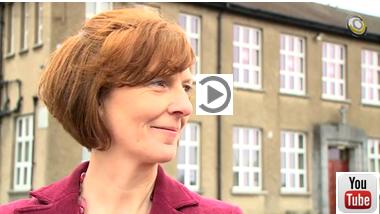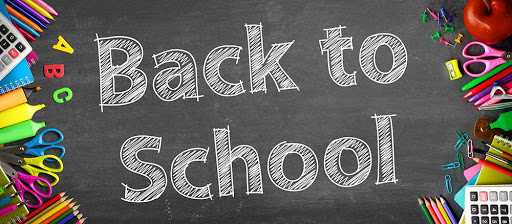Online Services
- Published: 27 February 2014
|
A fast, reliable and cost-effective way to contact parents and staff with important school updates. TextaParent enables instant communication with large or small groups of people. New features include permission slips and parent-to-school payments. |
|
 |
EducationPosts.ie is Ireland’s longest-established and most widely-used website dedicated to education recruitment. There are more than 18,000 education related posts advertised annually on EducationPosts.ie – across pre-school, primary, post-primary, third & higher level and International & Other job posts. Click here to visit EducationPosts.ie |
|
Sub Seeker is a service within EducationPosts.ie which facilitates the short-term recruitment of Teaching Council-registered teachers by DE schools in both primary and post-primary schools (Routes 1-5). Substitute teachers are notified immediately by email notification on the Sub Seeker platform. |
|
Sponsors & Partners
- Published: 27 February 2014
Our sponsors are companies who have a proven track record within the primary school sector. While delivering high quality goods and services to schools they also support IPPN as your professional body. Their investment in IPPN is paramount to helping us achieve our goals and we are delighted to have such high caliber sponsors.
Click on the logo to find out more about our Sponsors and Partners.
Local Support Groups
- Published: 27 February 2014
Where would you go to de-brief with colleagues who understand you without explanation, where you can discuss your concerns and leave with a clear plan of action, develop skills as a reflective practitioner and establish an effective means of self care? Don’t wait, find your Local Support Group.
Watch this short film by Catríona O’Reilly, Principal, Our Lady of Good Counsel School, Ferrybank, Waterford on her experience as a Support Group member.
Local Support Groups – Why I’m a believer
The most commonly shared characteristics of successful Support Groups are:
- One member co-ordinates (usually by text) the date and venue of the next meeting
- Meetings take place on a regular basis e.g. second Thursday of the month
- There are no external speakers
- There are no minutes or reports
- There is no formal written agenda; at the end of each meeting one topic may be chosen as the focus of discussion for the next meeting. Following discussion on main topic, principals discuss other current issues
- Meetings are generally held immediately after school or by night – some groups meet in the afternoons of administration days
- Groups are usually small – normally 8 to 12 members
- A high degree of confidentiality, discretion and trust prevails
- A regular social dimension is recommended– end of term meal etc
- Frequent sharing of resources, ideas and strategies takes place.
Take the Lead…
If there is no Local Support Group in operation in your area, why not consider taking the initiative and contact your local colleagues? Alternatively, please contact the IPPN National Support Office to express your interest and we will undertake to establish a local group in your area. Call the National Support Office on 1890 21 22 23 or email jennifer.mccarthy@ippn.ie.
Note: Principals’ Support Groups do not typically include deputy principals as they are designed to meet the needs of those in the role of principal. IPPN is establishing support groups for deputy principals in each Education Centre, to ensure that the co-leadership role of deputy principal can benefit equally from the type of support offered in these informal, collegial settings.
This article first appeared in Leadership+
Virginia O’Mahony, IPPN Assistant Director talks about how important her Support Group was to her:
'In the early nineties, I first became aware of the existence of Principals’ Support Groups. In the absence at that time of any form of training, Principals were meeting in informal groups to provide professional support to each other. I joined a support group then and it became a very significant part of my professional life for more than ten years. The friendships formed within that Support Group remain strong to this day. So how do Support Groups work and why are they so positive for Principals?
Support Groups form the basic cell structure of IPPN. Principals’ Support Groups have been very successful and many enjoy the support of the Local Education Centre, which provides or pays for a meeting room. Some support groups meet in each other’s school on a rotational basis. Every Support Group has its own dynamic and its own characteristic spirit.
Principals are obliged to attend many meetings for which they have to spend time and effort in preparation. Most meetings produce work for the Principal afterwards. Support Group meetings are not like other meetings. The Principal can expect support, collegiality, dialogue and empathy from fellow Principals within the group. You come away from Support Group meeting enriched and encouraged. Support Groups break the isolation that can be part of the role of the Principal and in addition, members often support each other between meetings. Many professions successfully follow this method of professional support among their members.'
About Resources
- Published: 28 October 2008
Access to the Resources section:
This section contains formal publications written by or commissioned by IPPN as well as discussion/position papers currently being used to progress issues on behalf of our members. This section is accessible to members only, so if you can see only one menu item under 'Resources', then this indicates that you are not logged-in. If you can see a long list of menu items, this indicates that you are indeed logged in. Take a look at the 2 scenarios below.
Scenario 1 - Not Logged In
(note that there is only 1 menu item under the main tab 'Resources')

Scenario 2 - Logged In
(note that there are many menu items under the main tab 'Resources')

If you are not logged in, go to the home page and after logging in, you will find all sections open and available to you.
If you are logged in, use the menu to visit the various Resource sections.
About the resources:
Each report/paper is available as a downloadable file (some Microsoft Word documents, but mostly PDF documents). Click on the title of each report/paper to open. Hard copies have been issued to all schools. The documents may take a few moments to download, please be patient.




















































